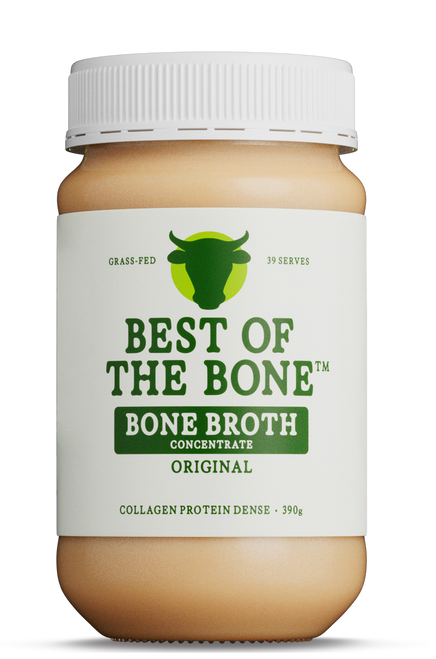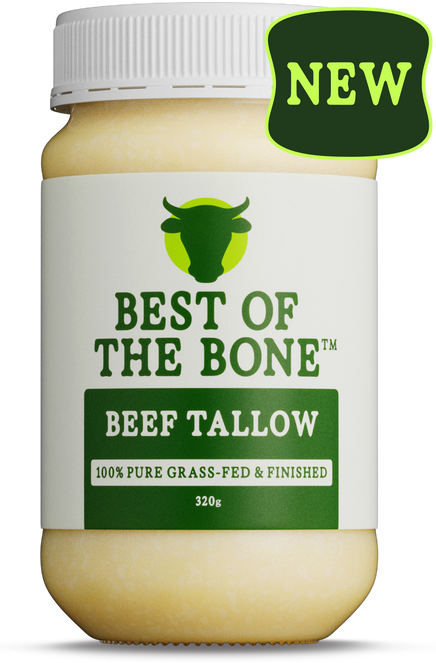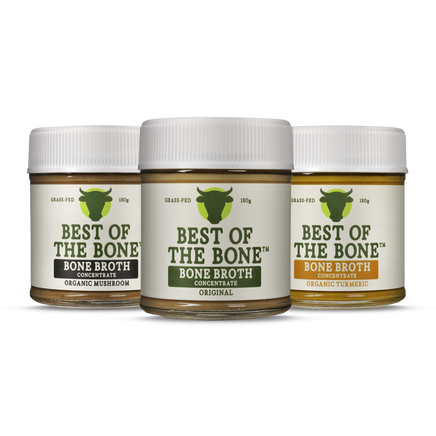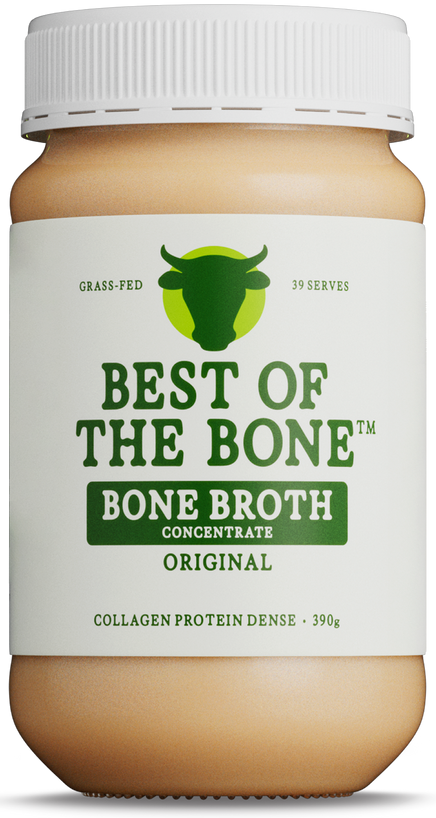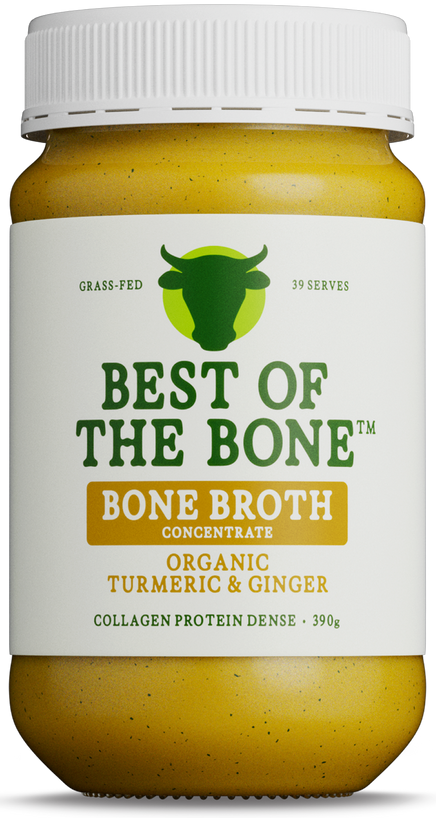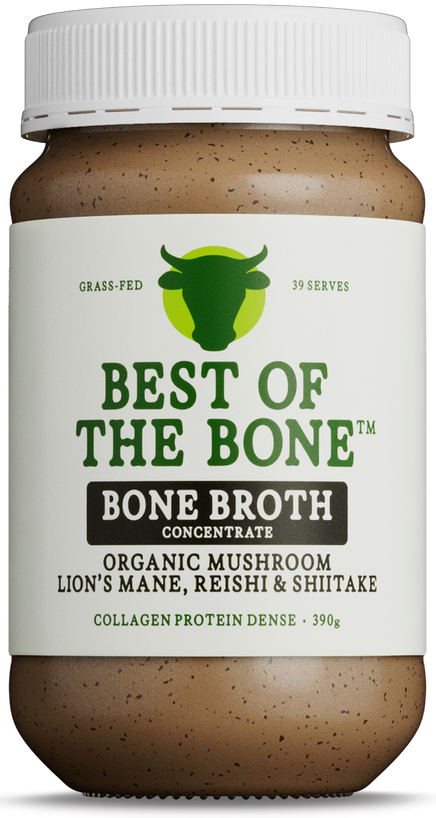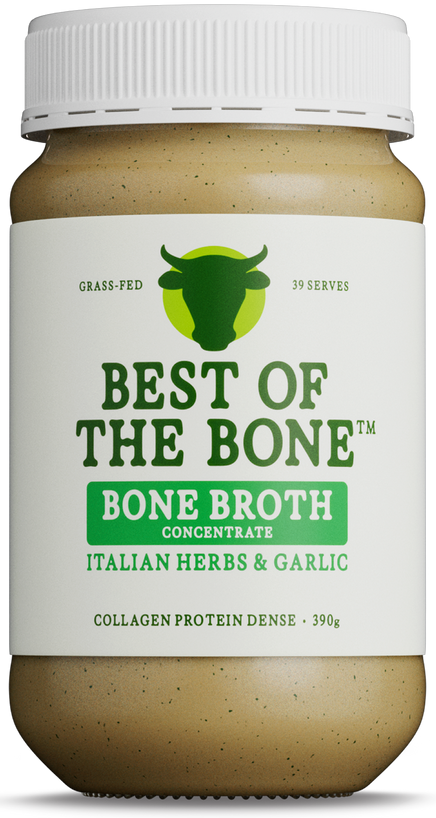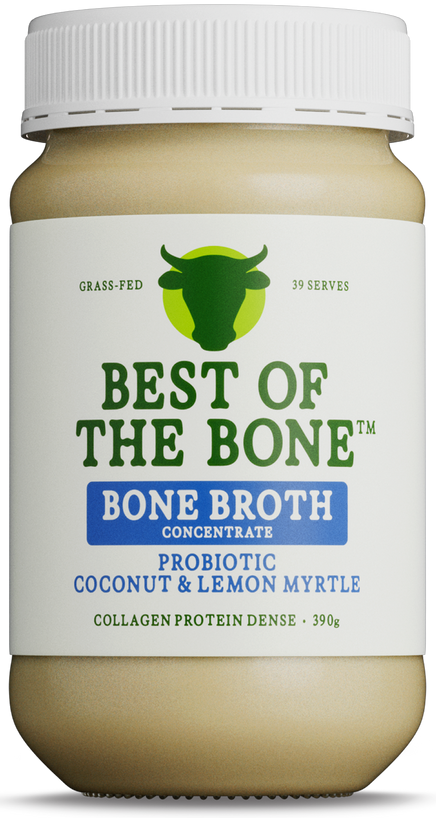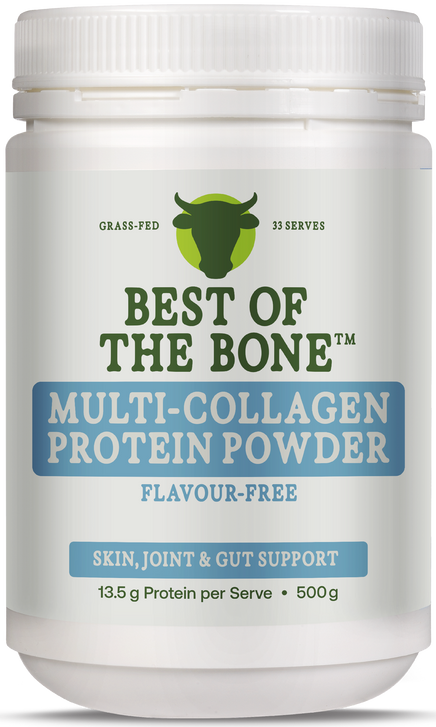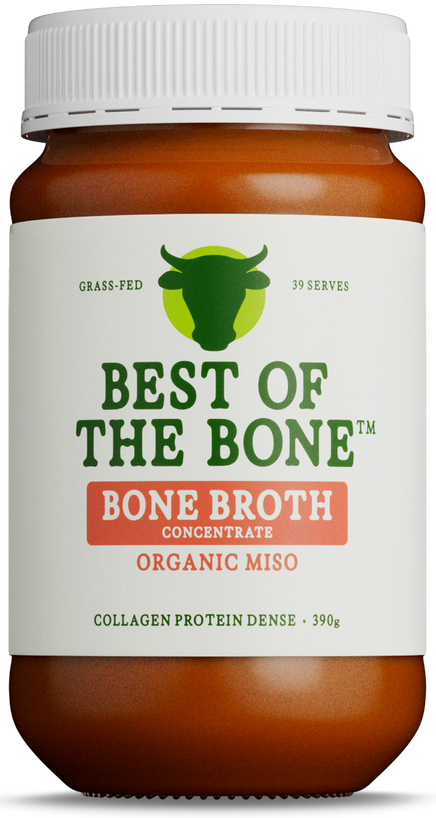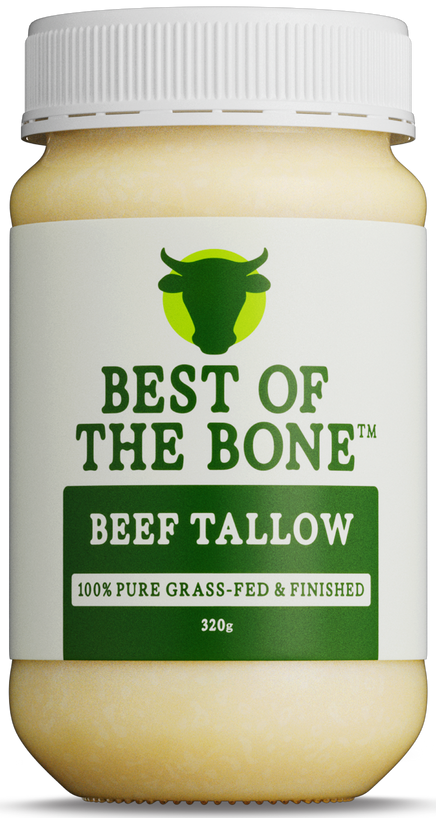The Truth about Salt
Georgia Gibbs, Traditional Chinese Herbal Medicine Practitioner
We’ve been taught to fear salt – This narrative began in the 1960’s with Dr Lewis Dahl who conducted studies showing a link between high salt intake and hypertension.
This influenced public health policy in the 1970’s and initiated the launch of the DASH diet. The dietary approach to stop hypertension, which recommended low salt, cholesterol, and fat intake. Low-fat products lined the shelves, butter was out, seed oils were in, and salt was replaced with flavor enhancing chemicals like MSG.
What these studies didn’t communicate was that the rats in this experiment were given up to 500grams of salt per day, that’s over 100x the normal rate of salt consumption.
While the DASH diet recommended 1500-2300mg of salt per day, Japanese and Mediterranean cultures consumed 4000-6000mg of salt per day and had the lowest rates or heart disease and hypertension.
Salt Fear Context
The Science – Flawed studies created oversimplified and out of context conclusions on the cause of heart disease and hypertension
Big Pharma & Big Media – The pharmaceutical industry capitalized on the opportunity to sell life-long blood pressure drugs, funding initiatives like the DASH diet and other low-salt media initiatives
Processed Food – The war on salt and cholesterol welcomed processed foods with new additives, flavor enhancers and thickeners
Nutritional Reductionism
‘Salt is bad’ is a great example of nutritional reductionism, the mindset that oversimplifies food and nutrients and their effect on the body. The problem being that the body is complex and deeply nuanced.
Whenever we isolate a nutrient, we take it out of its natural state.
Salt NEEDS Potassium and most of us are chronically depleted in this essential mineral. What studies on salt don’t consider is the bodies need to balance Salt with Potassium; the body is always trying to find a yin-yang balance for every bodily function.
Traditional Chinese Medicine & Mineral Balance
· Sodium (Yang in nature): It has a stimulating, contracting and warming energy
· Potassium (Yin in nature): Has a softening, relaxing, nourishing energy
In Traditional Chinese Medicine when we are depleted in yin (substance), the body can no longer hold the yang (energy), causing the yang to become reckless. You can apply this ancient system to blood pressure, when the body doesn’t have enough yin, which is nourished through intake of Potassium the yang nourished by Salt becomes imbalanced and overstimulated and tends to rise upwards. This imbalance can manifest as anxiety, rapid heartbeat, headaches, changes in blood pressure, and dizziness.
The question being, is salt the problem; are we having far too much in relation to potassium or are we just chronically depleted in potassium?
Together Salt and Potassium regulate ATP (cellular energy), hydration, nerve & muscles, blood pressure, digestion, hormone regulation, and muscle functions.
|
Functions |
Sodium - Yang |
Potassium – Yin |
|
Hydration
|
Pulls water into cells |
Keeps water inside cells |
|
Nerves & Muscles |
Helps stimulate the muscle |
Helps relax after contraction |
|
Heart Rhythm |
Maintains tension & blood volume |
Helps regulate heartbeat |
|
Energy |
Supports adrenal hormones |
Helps with cellular energy production |
|
Source |
Sea salt |
Root vegetables, coconut water, potatoes, aloe vera |
Foundational Health & Salt
Looking through the foundational health lens, salt is not the enemy; it’s an essential ally for optimal wellbeing.
Sodium is a macro-mineral; it partners with potassium as well as magnesium and calcium to create internal homeostasis. When we disrupt one of these minerals, we disrupt the foundation of our health. Your adrenals need salt, low salt diets put huge stress on your adrenal glands leading to burn out and fatigue.
The bottom line? You need salt, but you also need these other minerals to support a balanced internal state and that’s where prioritising nutrient dense food comes in.
Not all salt is equal
Modern table salt is heavily processed, stripped of other trace minerals, bleached and treated with anti-caking agents to prevent the salt from “sticking.”
In contrast ancestral forms of salt like Sea salt, ancient lake salt and other rock salts are in their pure, wholefood form the way nature intended.
|
Table Salt |
Sea Salt |
|
High salt content over 98% |
Around 85% salt content |
|
Minimal trace minerals |
Abundant in up to 80 other trace minerals |
|
Heavily processed |
Unprocessed |
|
Chemically treated |
Natural |
|
Acid forming in the body |
Mild alkalizing effect in the body |
Like any food, the further from nature it is, the less healthy it is for you and if we return to the lens of Chinese Medicine table salt is the most yang in nature, sea salt while still yang in energy is much more balanced, gently warming and grounding.
When you consume table salt filled with chemicals, additives and heavy processing, it’s like having Mcdonalds compared to a grass-fed burger at home.
When you consume table salt, you’re consuming salt that is dead, made of just sodium chloride and other chemicals. Sea salt is a living food abundant in life giving minerals to nourish and deeply hydrate the body.
Listen to your body, prioritize nutrient dense foods and eat like your ancestors.
Georgia, Traditional Chinese Herbal Medicine Practitioner
References
He, F. J., & MacGregor, G. A. (2004). Effect of longer-term modest salt reduction on blood pressure. Cochrane Database of Systematic Reviews, (3):CD004937. PMID: 15266549.
O’Donnell, M., Mente, A., Rangarajan, S., et al. (2014). Urinary sodium and potassium excretion, mortality, and cardiovascular events. New England Journal of Medicine, 371(7), 612–623.
Kim, M. K., Kim, Y., Lee, Y., & Kim, H. (2022). Comparative study on the mineral composition and health effects of various types of salt: Focusing on sea salt and table salt. Food & Nutrition Research, 66:2154491.

